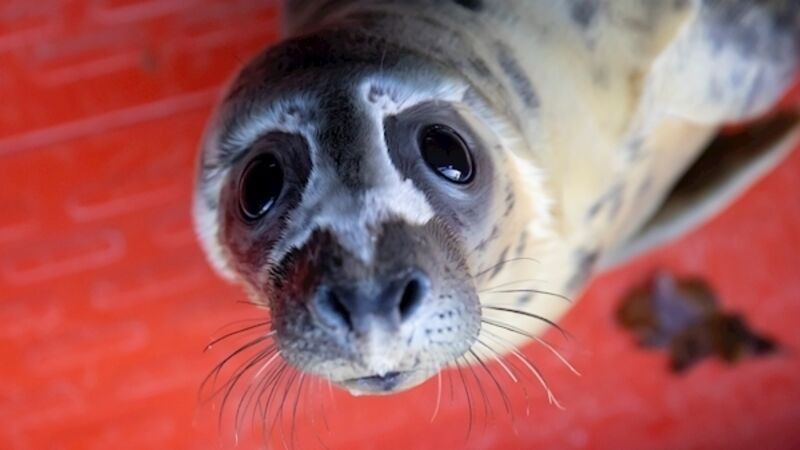'No two days are the same' - Life in three of Ireland's underfunded animal rescue centres

Rescuing animals on the brink of death, rehabilitating them after they've been neglected, abused, betrayed by their owners... it's a tough job.
There are those who think it's all sunshine and happiness for people running and volunteering at animal shelters, that their days are filled with joy and cuteness and belly rubs with fluffy puppies, but the reality is very different.













